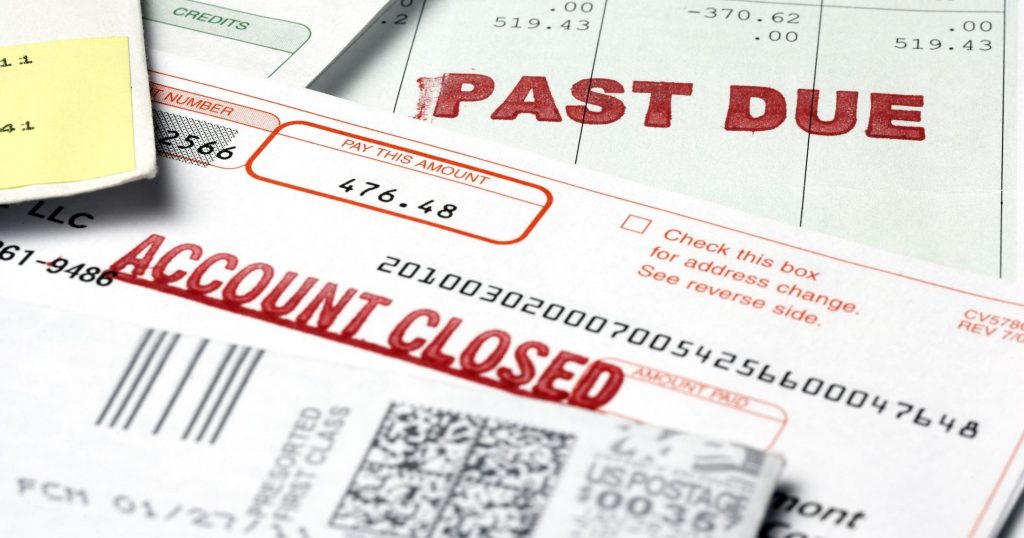Many people struggle with debt. Whether the debts are incurred intentionally (such as student loans) or unexpectedly (such as emergency medical bills), they can become overwhelming for consumers. Unfortunately, Washington state’s laws have helped contribute to an endless cycle of increasing debt for too many people. The Legislature created several new consumer protections to address unfair debt collection practices in 2019.
New consumer protections

- HB 1730 ends an unethical debt collection practice in which consumers were tricked into making small payments on old and expired debts. Under a law that had not been amended since 1881, these old debts would then be revived and the clock would start again on the statute of limitations, which is why they were referred to as “zombie debt”. Under the new law, when a creditor fails to pursue collection and the statute of limitations runs, the debt is canceled.
- HB 1066 increases fairness and transparency for consumers by ending a debt collection practice called “pocket service”. Under that practice, consumers are served with a summons and complaint, but the debt collector does not file a case in court. Diligent consumers will call the court to make sure that the case is not fraudulent, only to be told that no such case exists. But if the consumer fails to respond, the collector can obtain a default judgment, which will mar the consumer’s credit report. Under the new law, collectors will be required to file their cases before serving the consumer with the summons.
- HB 1531 will help prevent patients from drowning in debts arising from medical bills. The bill lowers the interest rate on medical debt, prohibits health care providers from selling medical debt to collection agencies for at least 120 days after the first billing notice, and requires patients be informed of opportunities to apply for charity care.
- HB 1602 protects workers against losing their homes or ability to care for their families because of wage garnishment. The new law reduces the interest rate on consumer debt and lets people retain more of their wages so they can pay for basic living expenses, such as food and rent.
These changes are both complex and hugely consequential for millions of Washington residents. I was therefore proud to help shepherd each of these bills through the Senate Law & Justice Committee and across the Senate floor. Together, the bills will help many Washington consumers get their books back in order.
Over the next several weeks, I’ll continue to share updates on important issues the Legislature addressed this year. If you missed my previous updates on health care, gun safety or civil rights, you can read those here.




